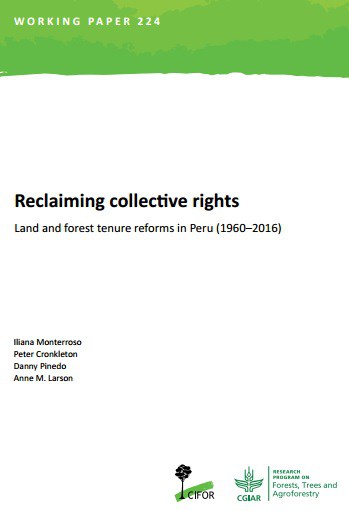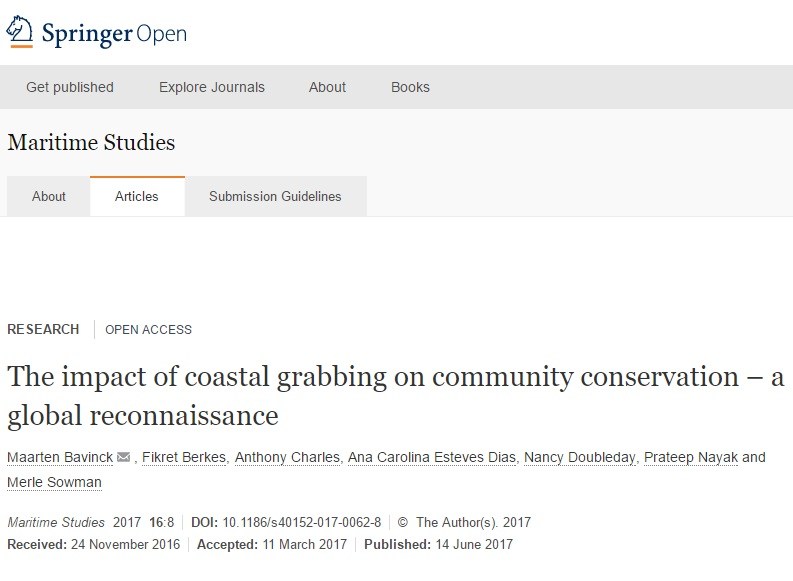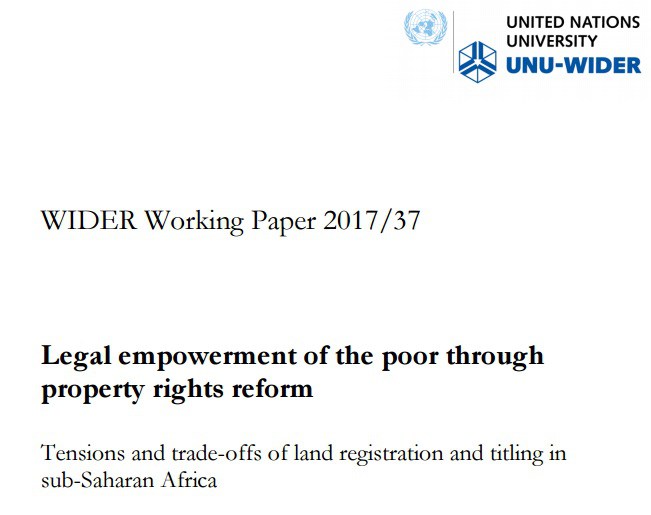Introducing the PRIndex Analytical Report 2017
Property rights are a cornerstone of economic development and social justice. One of the most fundamental ways of understanding the strength of property rights is through citizens’ perceptions of them. Yet perceptions of tenure security have never been collected at a global scale, obscuring a clear understanding of the magnitude and nature of citizens’ experience, and preventing the issue of property rights from receiving the visibility and attention it deserves. The Global Property Rights Index, or PRIndex, seeks to address this gap.




